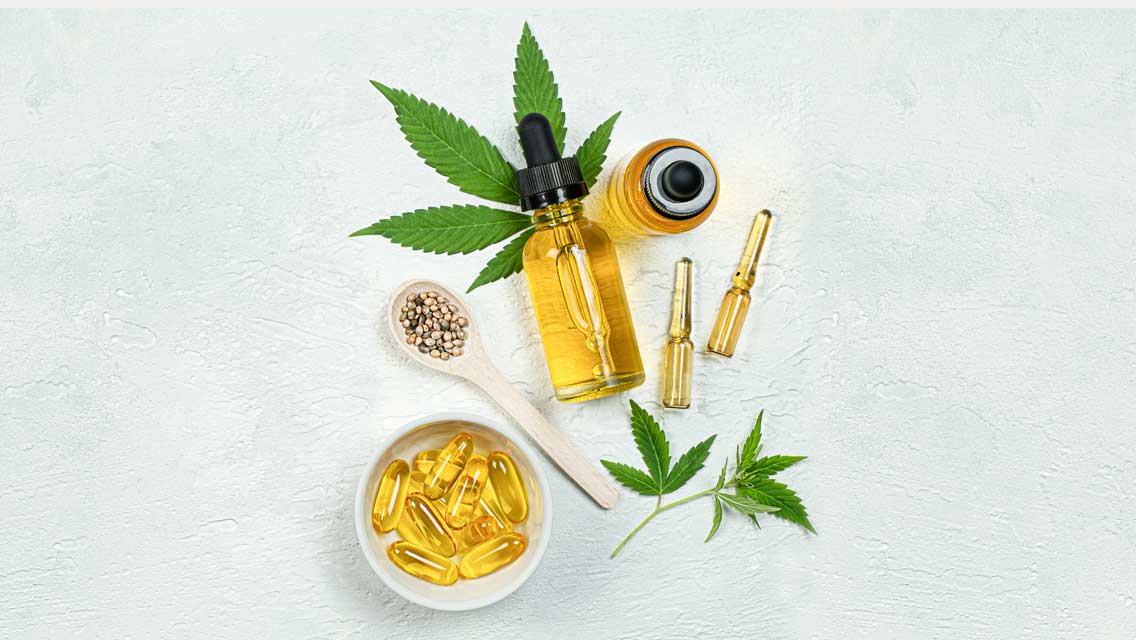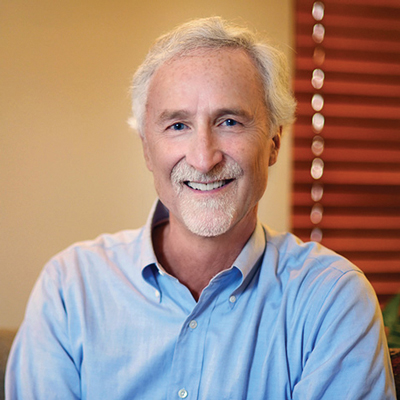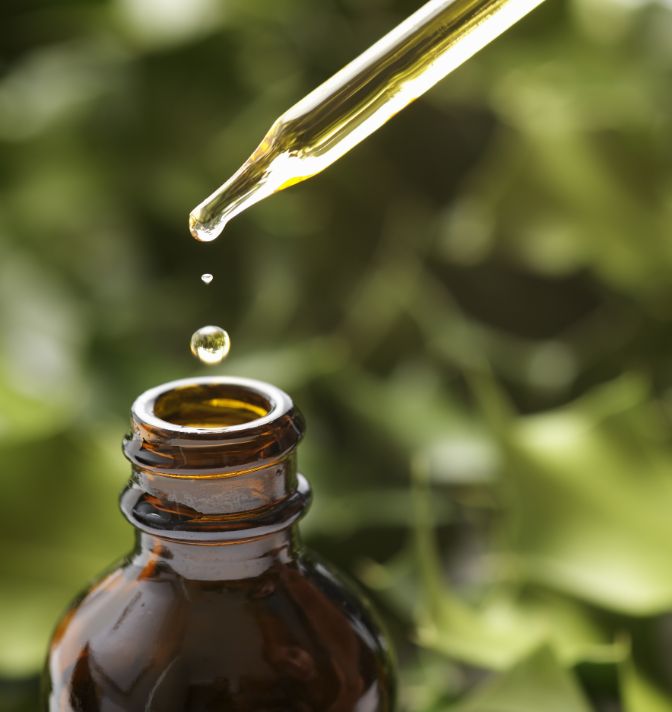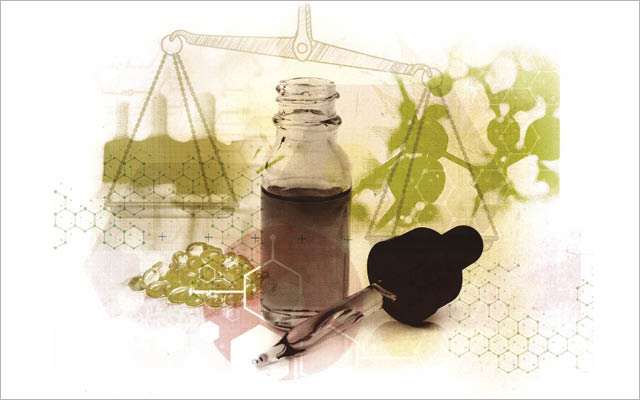For millennia, humans have cultivated a synergistic relationship with the plant world: Plants contain many chemicals that help our bodies work properly. Cannabidiol (CBD), a medicinal ingredient found in hemp, is one of these chemicals, and it’s become especially popular of late for supporting mental health and more.
The Endocannabinoid System
CBD belongs to a collection of molecules in the hemp plant known as phytocannabinoids. Interestingly, our bodies produce their own similar chemicals, called endocannabinoids.
We even contain a system built around them: the endocannabinoid system, or ECS. The ECS includes the endocannabinoids themselves as well as the body’s specific receptors for them, found in virtually every organ system.
Researchers believe the ECS plays a key role in homeostasis, keeping our bodily systems in balance. It does this, in part, by regulating immunity, tamping down inflammation, reducing pain, and calming the nervous system.
Many prescription drugs used to reduce chronic pain and inflammation try to mimic our endocannabinoids. CBD already resembles them, which may partly explain its effectiveness. There is a prescription CBD product approved to treat seizure disorders, for example. CBD has also been used to relieve symptoms from Parkinson’s, Crohn’s disease, multiple sclerosis, and the movement disorder dystonia.
CBD and Mental Health
CBD may be best known as a treatment for pain and other inflammatory conditions, but it also supports mental health. It appears to have a toning effect on the nervous system. In my psychiatric practice, I usually suggest CBD to help calm anxiety, improve sleep, or stabilize mood.
I’m less likely to suggest it for depression if someone’s symptoms include sluggishness and lethargy. Yet many people with depression also suffer from anxiety and insomnia, either of which can make it harder to recover from the depression. If we can calm the nervous system, and especially if we can improve sleep, chances of recovery from depression improve dramatically. That’s where CBD comes in.
Antidepressants tend to lose their effectiveness over time, and CBD can be helpful here, too: It appears to act directly on serotonin receptors, which is a little different from how the most common antidepressants, the selective serotonin reuptake inhibitors (SSRIs), work. Augmenting with CBD can give the serotonin system a fresh nudge.
There is also growing evidence that depression is partly an inflammatory disease, which may help explain why traditional antidepressants, such as SSRIs, work better for some than for others: If one’s depression is triggered by inflammation, the anti-inflammatory properties of an SSRI may help relieve it. CBD is also a potent anti-inflammatory (and antioxidant) — another possible reason for its antidepressant effects.
What About THC?
People are often confused about the difference between CBD and THC (tetrahydrocannabinol). THC is the psychoactive component of hemp and causes most of the “high” that marijuana is known for; it is still illegal in many states.
CBD, on the other hand, does not have a psychoactive effect and is legal in every state. Products containing it are usually legally required to be “THC-free,” or have less than 0.3 percent THC.
It’s fairly obvious that there are many poor-quality CBD products on the market. Independent testing has revealed that a significant number of them contain less CBD and more THC than their labels claim. So think about sourcing CBD in the way you do food — by considering how it’s grown and processed.
I recommend CBD that is extracted by a CO2 process instead of with chemical solvents. Also look for the words “pharmaceutical grade,” which indicate the product was produced in an FDA-registered facility and tested by an accredited third-party lab. Do a little background research; reputable companies will describe their quality-control process on their websites.
(Many health conditions, such as chronic pain, glaucoma, and Alzheimer’s disease, respond well to THC-rich medical cannabis. See “THC as Medicine?” for more.)
How Much Is Enough?
The typical dose range for CBD in adults is 15 to 30 mg daily. I usually recommend a “start low, go slow” approach. For conditions involving pain or inflammation, I may recommend a higher dose, but for anxiety, sleep, and mood, I find the typical range is most effective.
Some reports suggest CBD can cause mild sedation. It may also trigger dry mouth and reduced appetite, though I haven’t observed either in my patients. Most of CBD’s side effects appear to be the result of interactions with other medications, so speak with your provider before taking any supplements — CBD in particular.
(Go beyond CBD to explore other phytocannabinoids that can help you deal with anxiety, stress, inflammation, insomnia, PTSD, depression, and more at “Meet the New Phytocannabinoids.”)
Learn More
Looking to enhance the mental health of a loved one — or yourself? We’ve curated a range of articles to help you support your mental health needs here.
This article originally appeared as “CBD for Mental Health” in the November 2022 issue of Experience Life.






This Post Has 0 Comments